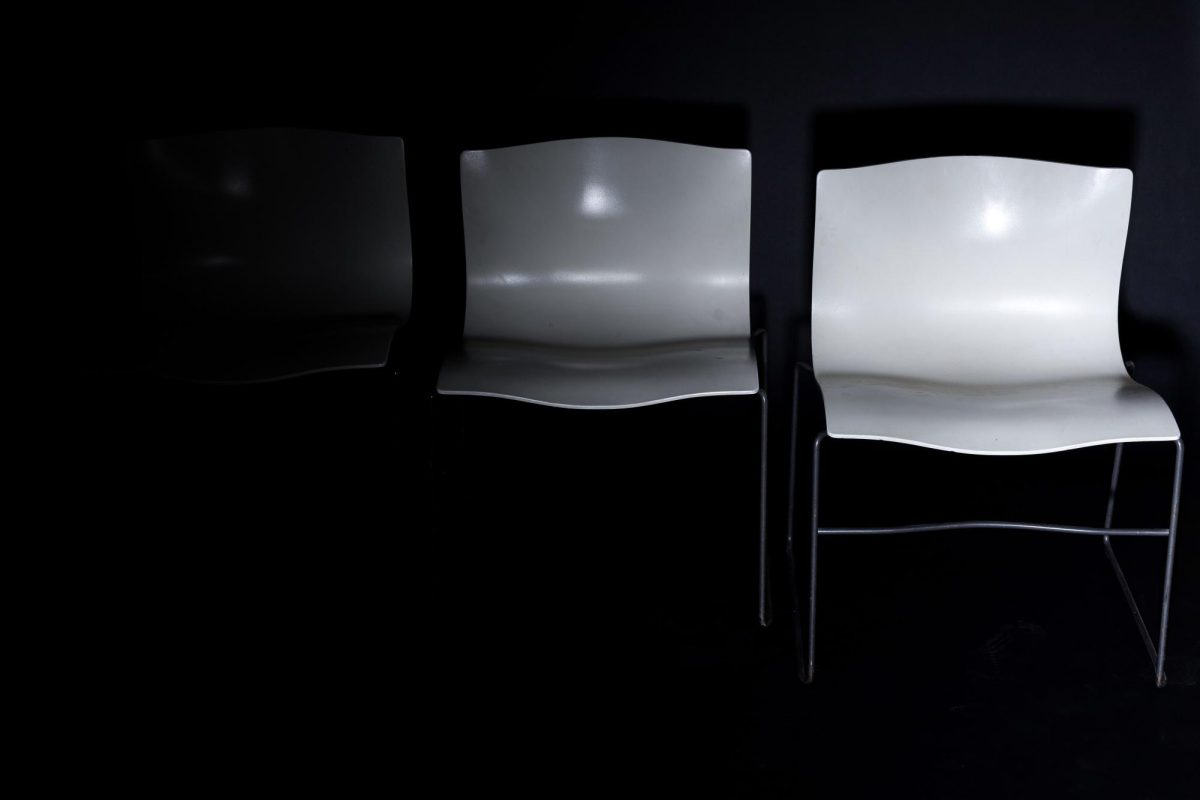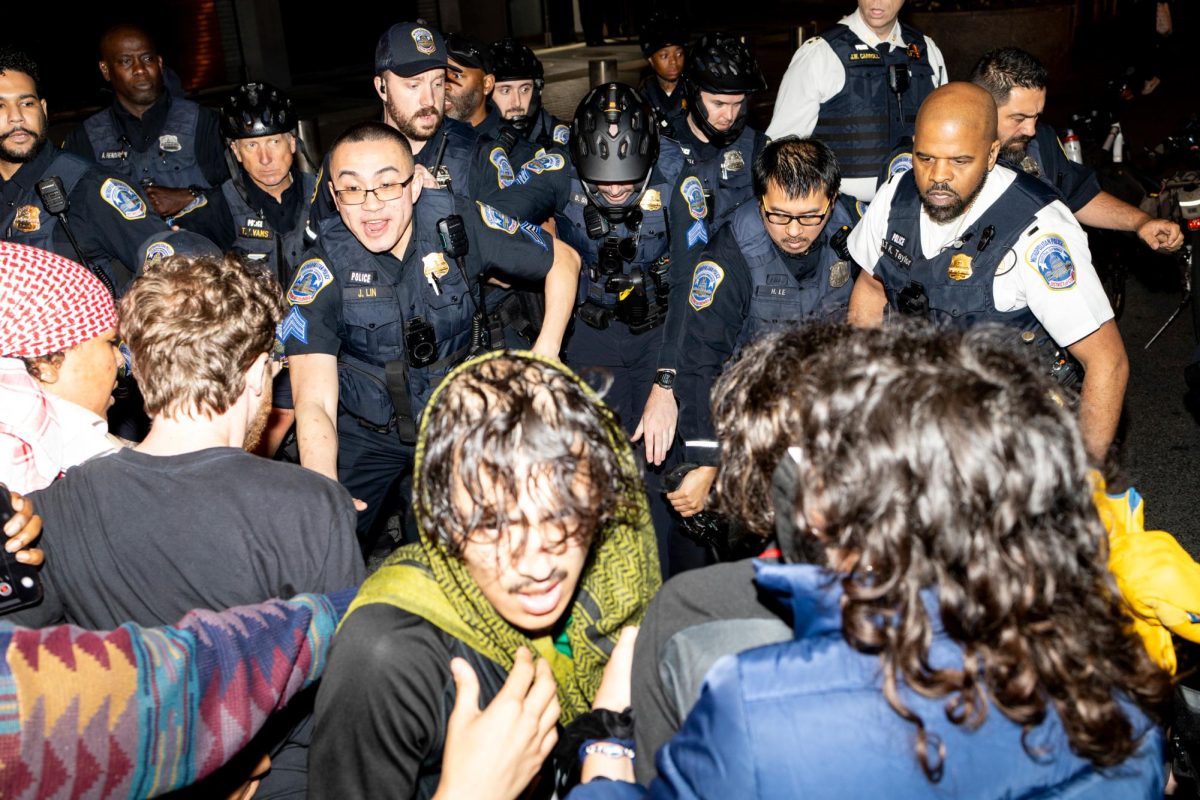The number of students running for Student Government Association Senate seats in this year’s election has nearly doubled from last year.
This year, the Joint Elections Commission verified 25 senate candidates compared to 14 last year, the lowest number in two decades. But 20 of 40 available senate seats are set to be vacant after no students registered their name on the ballot for the positions, a dip from the 27 seats without candidates during last year’s election.
Of the 20 empty seats, 14 are for graduate student positions. Just four graduate students are in the race, all of whom are incumbents. Law school candidates will also not appear on the ballot this year after the Student Bar Association reformed GW Law seats to be elected at the same time as the SBA Senate in February due to low SGA turnout and higher SBA election turnout.
JEC Deputy Election Commissioner Michael Ubis said the commission performed less “candidate outreach” this year than previous years. He said the JEC was “stumbling along” due to a tight timeline for election preparation after a referendum dissolved the JEC last spring and didn’t begin to work to restructure it until three months before the election.
Ubis said the JEC wanted to publicize graduate seat vacancies to their respective schools, but there was “so much going on” during the commission’s restructuring that it was unable to do so. Ubis said the number of vacant positions will drop after the election because students can run for seats as write-in candidates.
“We would absolutely love to engage more people,” Ubis said.
The race for Columbian College of Arts & Sciences undergraduate seats will likely be the most cutthroat. CCAS is the only school with candidates running for more seats than are available, with 13 students running for eight seats compared to last election’s seven students running for seven seats.
Four schools saw drops in the number of candidates for senate seats compared to last year. One candidate is set to run for School of Engineering and Applied Sciences undergraduate seats, compared to two last year, and no candidates are running for graduate seats in the School of Engineering and Applied Science, the School of Medicine and Health Sciences and Elliott School of International Affairs, compared to one candidate per each school last election.
Loading…
SGA Vice President Demetrius Apostolis, who presides over the senate and won a CCAS seat in 2022, said the school’s seats are typically more competitive than others because CCAS houses public service majors, which draws students interested in politics to the SGA. He said students this year have been more keen to get involved with the SGA because the organization has faced “less controversy” this year than in previous years, which he thinks previously caused students to have a “negative perception” of the governing body and may have dissuaded some from running for office.
“This year, we focused on fostering a really deep community involvement with our student body, putting on large events, being welcoming, having a door-open policy where people could always come into the office and speak and not having any giant controversies that have disrupted the year,” Apostolis said.
Senate candidates said they attribute the lack of senatorial candidates from non-CCAS schools to the demand and perceived inefficacy of serving in the SGA.
Darin Razeghi, a first-year who works as an SGA research assistant in alumni relations and is running for a CCAS undergraduate senate seat, said many senators act like they are serving in “higher” positions than being student representatives. He said because of this, students decide not to run.
“We are the students’ representatives,” Razeghi said. “We’re not a U.S. senator, we’re not the president.”
Jorey Reyes, a first-year legislative assistant for the SGA Finances and Allocations Committee who is running for an Elliott undergraduate seat, said people feel their input and involvement in the SGA won’t make an impact, but SGA involvement still matters.
“Call me an optimist, but I know that collectively we can make a difference,” Reyes said in an email.
SGA Sen. Jonesy Strell (CCAS-U), who is running for re-election, said he hopes applicants fill vacant senate seats after the election. He said he conducted outreach and helped interview applicants to fill the “vast majority” of the 27 empty senate seats after last year’s elections.
He said he wants to work with the next senate pro tempore to work to fill vacancies, specifically focusing on adding graduate students to the body.
SGA Sen. Candice Bailey (SON-U), who is running for re-election, said more undergraduate nursing students aren’t running for SGA Senate seats because the programs to obtain a nursing degree make it difficult for on-campus extracurriculars.
“I want to make a change,” Bailey said. “And unfortunately, we have to do it so fast because we’re only here for 15 months.”





